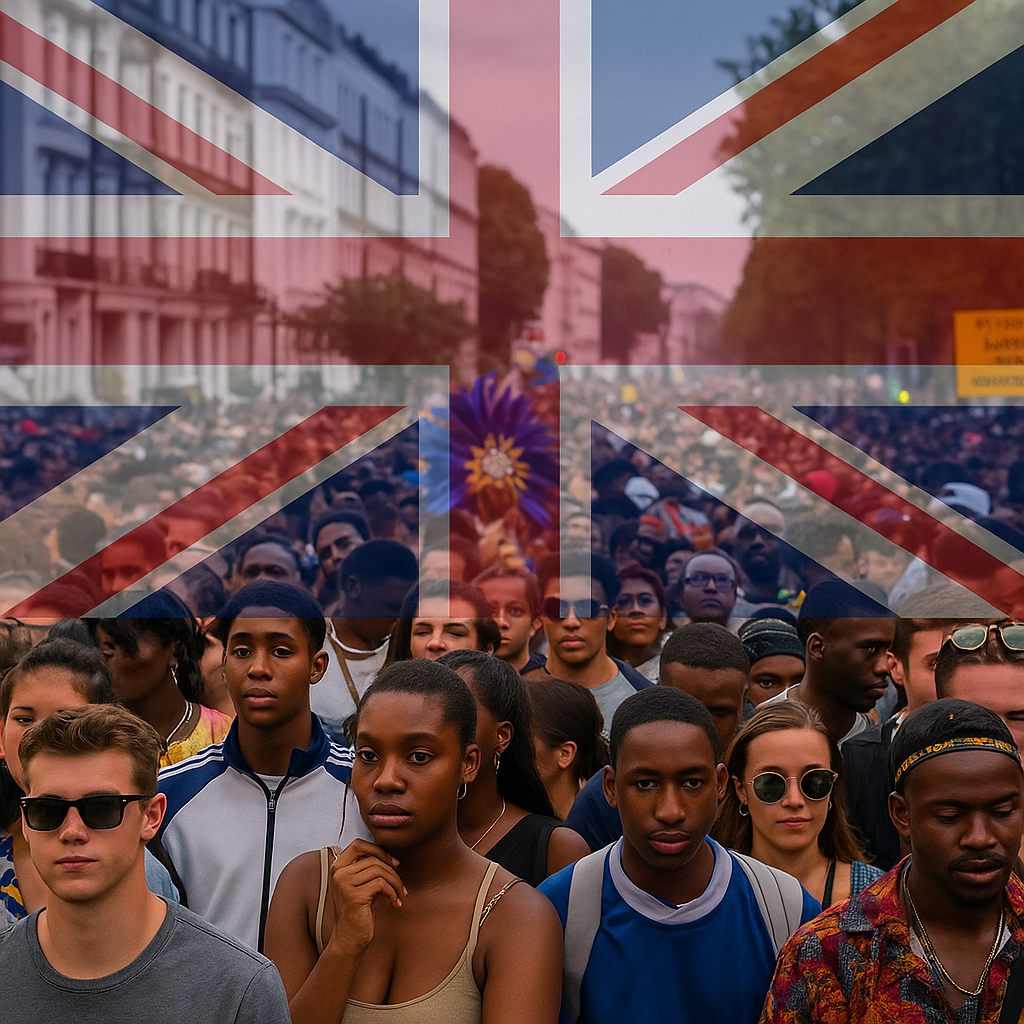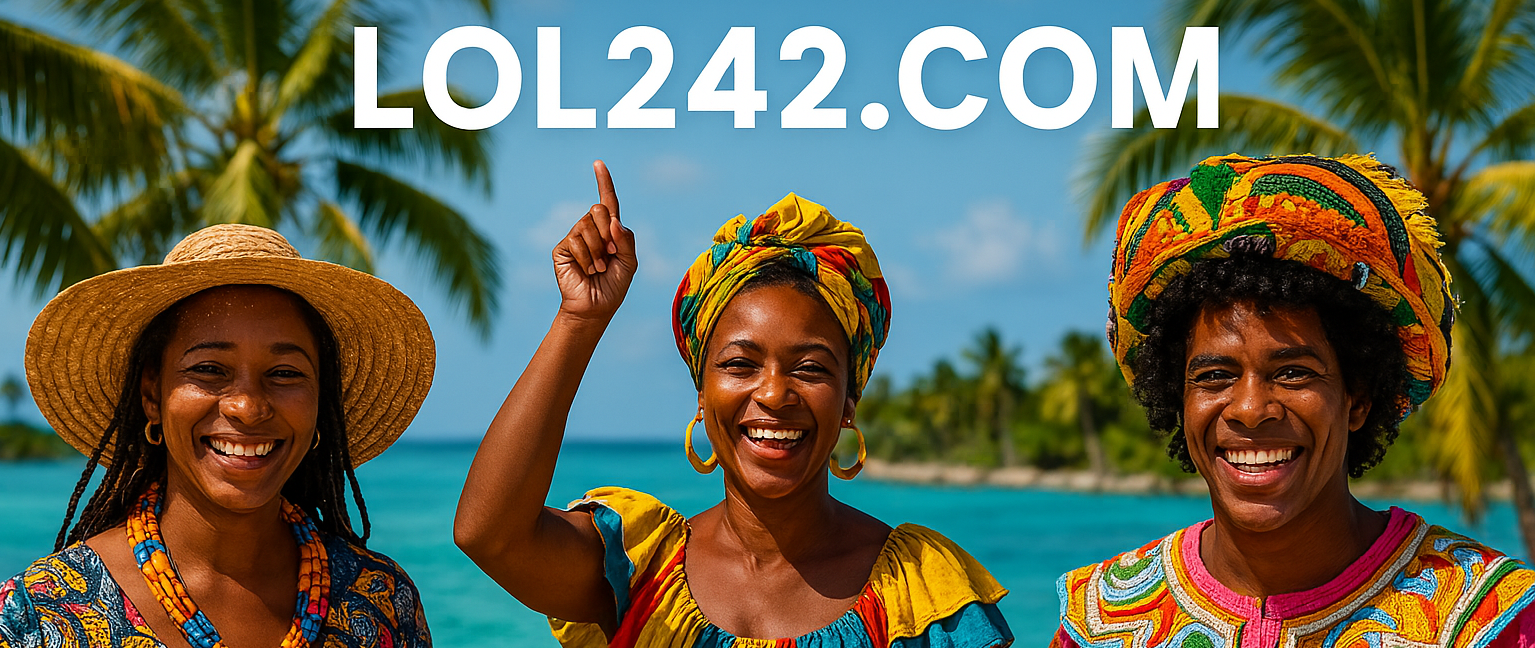
🇬🇧 “Those Damn Brits!”
When Caribbean Roots Took Over the Empire and Built a Whole New Britain
Say “British” and people picture tea, the Queen, and polite sarcasm.
But scratch beneath that surface and you’ll find something deeper:
The UK is a living fusion of cultures, and Caribbean people helped shape that foundation, with fire, music, struggle, and soul.
This one’s for the sons and daughters of the Caribbean who call London, Birmingham, Manchester, and beyond their home, and who reshaped Britain from the inside without ever forgetting where they came from.
After World War II, Britain was battered and broken. It needed help rebuilding.
So in 1948, the Empire Windrush ship docked at Tilbury, and with it came 492 Caribbean passengers, mostly from Jamaica, Trinidad, Barbados, and other islands.
They were invited. But they weren’t welcomed.
These Caribbean immigrants were told they were British citizens, only to be mistreated, underpaid, denied housing, and called every name under the sun.
But they stayed.
They built railways, buses, hospitals, and homes.
They became nurses, teachers, conductors, and leaders.
They raised a generation.
They laid the roots of what we now call modern multicultural Britain.
It’s not a footnote. It’s a fact:
Caribbean workers kept the NHS running for decades
They founded Black churches, cultural centers, and Caribbean markets
They fought against racism in housing, jobs, and law enforcement
They formed Britain’s first Black civil rights movements
They inspired waves of African, South Asian, and Middle Eastern integration too
From Notting Hill Carnival to the classrooms of Brixton and Peckham, Caribbean culture became British culture.
They didn’t just adapt.
They left their stamp on the entire system.
You can’t talk about British culture without the Caribbean voice:
Reggae and dancehall in East London sound systems
Grime and UK rap, born in the basements of Caribbean grandmothers
Patois blended with Cockney, creating a new dialect of the streets
Caribbean food, jerk chicken, curry goat, oxtail, fried plantain, now mainstream British staples
And let’s not forget Caribbean literature, film, spoken word, and politics.
Writers like Benjamin Zephaniah and Zadie Smith shaped the literary world.
Actors, athletes, and musicians of Caribbean descent now run stages and stadiums across the UK.
Being Black and Caribbean in the UK was never easy.
The Sus law and police brutality
The Brixton riots of the 1980s
Institutional racism in housing, education, and employment
And more recently, the Windrush Scandal, where elders who helped build Britain were suddenly told they didn’t belong
But each time the system tried to push them down, Caribbean Brits stood taller.
They fought in courts.
They protested in the streets.
They kept their heads high, and their accents intact.
Let’s be clear: Caribbean Brits aren’t just survivors.
They’re:
Lawyers
CEOs
Members of Parliament
Professors
Olympians
Award-winning artists and entrepreneurs
They took their parents’ sacrifices and turned it into generational success.
To every reader in the United Kingdom, especially those from Jamaican, Bajan, Bahamian, Saint Lucian, Grenadian, Haitian, and Antiguan families…
We see you.
We see your pride in your nan’s cooking.
We see your loyalty to your block and your bloodline.
We see the way you carry Caribbean fire in British winter.
You’ve been through too much to be ignored.
And you’ve added too much to be erased.
To the grandchild of Windrush warriors,
To the teacher holding it down in East London,
To the grime artist with Caribbean roots,
To the young activist challenging the old system,
To the elder still sipping sorrel and praying in patois…
You are not a side note in British history.
You are the chapter that turned the book.
You are the child of two worlds, and master of both.
So if they call you “those damn Brits”…
Smile, and let your accent and your ancestors speak for you.
